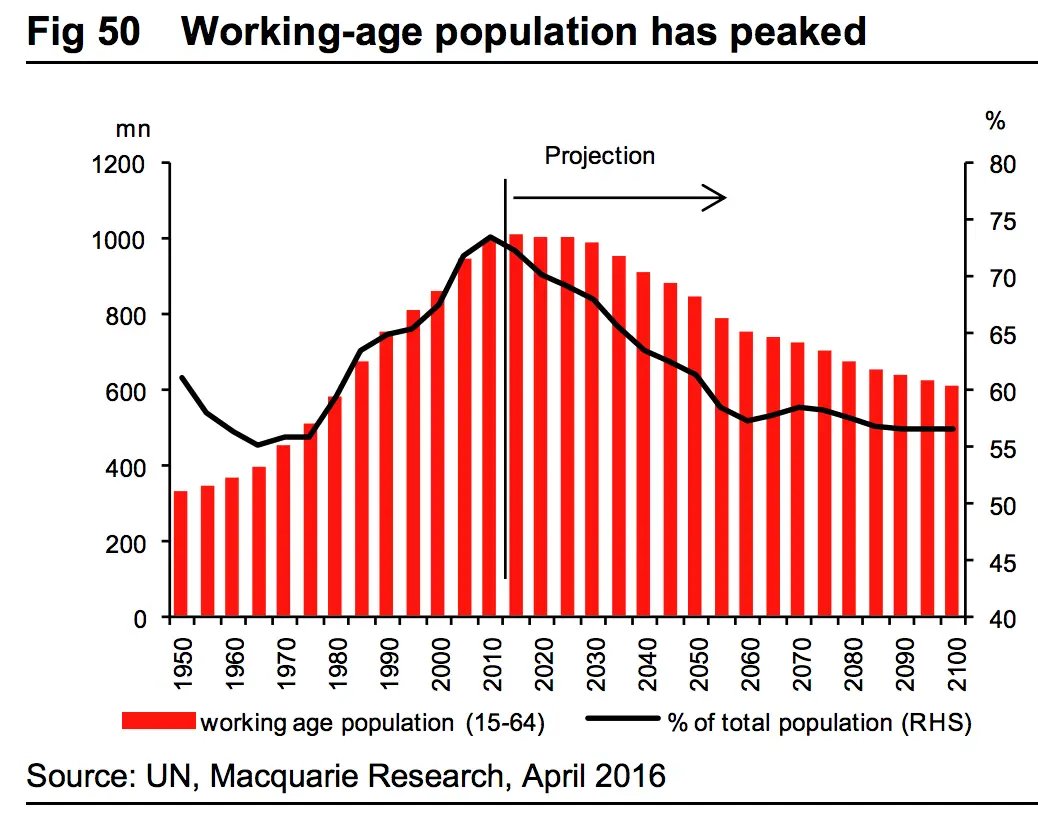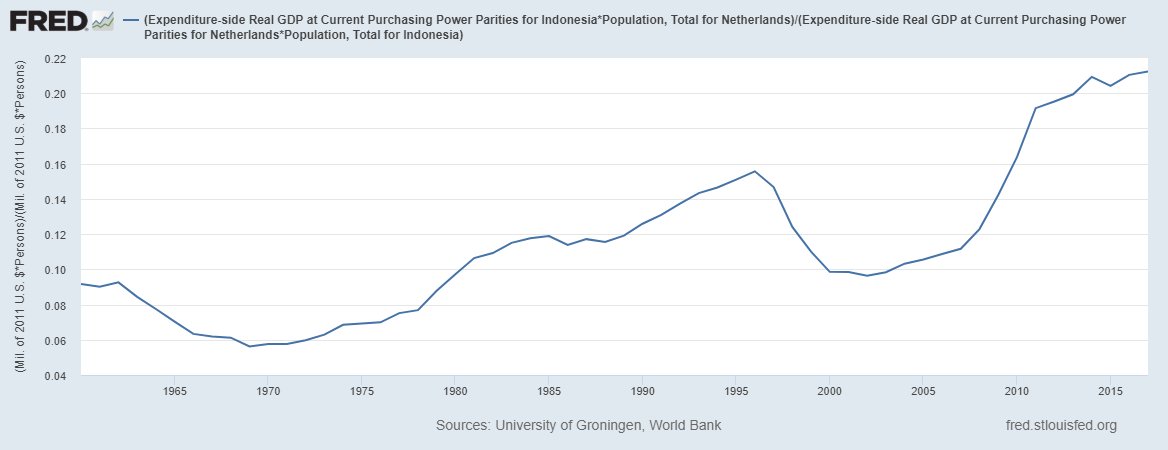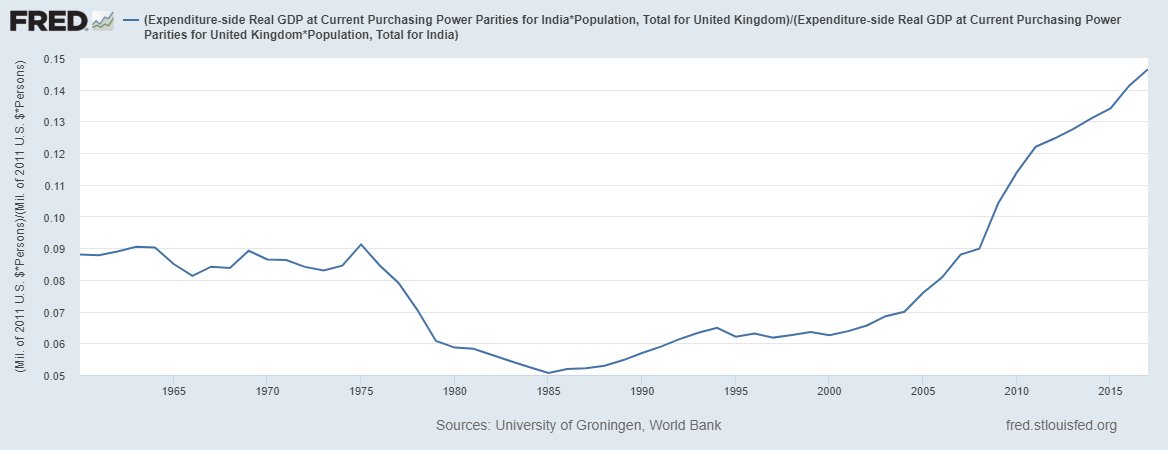
Exit polls show Trump with significant gains among Asian voters this year (up +7 relative to 2016).
But exit polls are less reliable this year. Does anyone know of a county-level analysis that tries to get at this?
nytimes.com/interactive/20…
But exit polls are less reliable this year. Does anyone know of a county-level analysis that tries to get at this?
nytimes.com/interactive/20…

In Orange County at least, the Asian voter swing toward Trump seems to have been real.
https://twitter.com/jburnmurdoch/status/1328360406079901696
• • •
Missing some Tweet in this thread? You can try to
force a refresh





